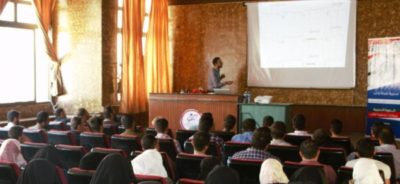General surgery is a discipline that requires knowledge of and responsibility for the preoperative, operative, and postoperative management of jpatients with a broad spectrum of diseases, including those which may require nonoperative, elective, or emergency surgical treatment.
Surgical management requires skill in complex decision making;in general surgery the general surgeons should be competent in diagnosis as well as treatment and management, including operative intervention.
and demonstrates broad knowledge and experience in conditions affecting the:
In addition, the certified general surgeon demonstrates broad knowledge and experience in:
The field of general surgery as a specialty comprises, but is not limited to, the performance of operations and procedures relevant to the content areas listed above. It is expected that the certified surgeon will also have additional knowledge and experience relevant to the above areas in the following categories:
Related disciplines, including anatomy, physiology, epidemiology, immunology, and pathology (including neoplasia).
Clinical care domains, including wound healing; infection and antibiotic usage; fluid and electrolyte management; transfusion and disorders of coagulation; shock and resuscitation; metabolism and nutrition; minimally invasive and laprascopic intervention appropriate use and interpretation of radiologic diagnostic and therapeutic imaging; and pain management

Supervision the approved training program.
Full supervision of the exam process in all its stages.
Defining the requirements for recognition of the training centers.
Defining the list of scientific references for specialization.
Conducting academic educational activities, conferences, courses and workshops.
We are open on Saturday- Thursday at 09am -3pm, except on holidays.
General Surgery office
Mr. husam abdalsamd